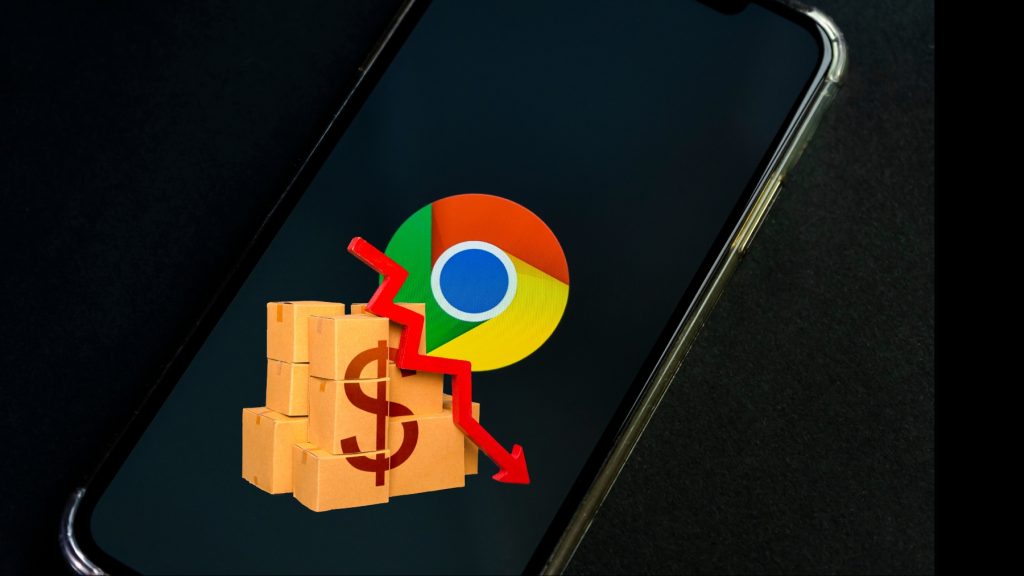
Google’s cookie management update is affecting advertisers and has made Chrome users worth 30% less to them.
- Phase One started on January 4th, affecting 1% of Chrome’s user base.
- Raptive noticed that advertisers are seeing a decrease of 30% in revenue.
Following the launch of Google’s new cookie management update on January 4th, early data shows a 30% revenue decline from the cookieless users.
Here’s the short of it: third-party cookies are going away, and advertisers are nervous about a cookieless future.
On January 4th, Google initiated the first phase of its “Tracking Protection” feature. For 30 million Chrome users or that 1%, the tech giant eliminated third-party cookies. Ultimately, the tech company will eliminate them for all users by the end of the year.
Within one week, we are already seeing the deprecation of cookies’ impact. According to Raptive, a media company concerned with building and monetizing online businesses, Google’s cookieless users are bringing in 30% less revenue.
It all has to do with the way digital advertising works. Advertisers pay to promote their websites to a specific demographic. Now, how does the system figure out who fits this demographic? Cookies that contain information about you like where you have been and how long you stayed there. It only takes you to check out toilet seats once for every ad to show you all the porcelain thrones you could buy.
When you visit a website with ads, an instantaneous auction occurs within a matter of seconds to determine which ads show up. The cookies already on your device tell the system what you are into and VOILÀ! Ads tailored for you.
Cookieless users don’t have these packets of information which means the system doesn’t know what to show them. It might suggest a non-science fiction book for someone who exclusively reads fantasy. Or it might show you the complete opposite of what you like. All these details can be known based on where you have been on the internet. And advertisers are not too keen on spending money to have people who probably won’t interact with their website.
Paul Bannister, Chief Strategy Officer at Raptive, expressed optimism about the results, stating, “The goal is to design a system to increase privacy and also help publishers keep making money, and a 30% drop in monetization feels like a hill that can be climbed.”
While the 30% decrease may sound alarming, it is a more positive outcome than anticipated, given the initial concerns within the industry. This drop in revenue following the cookie management update highlights the challenges faced by the digital advertising industry as it adapts to the impending demise of tracking cookies.
A Google spokesperson stated, “It’s important to remember this will be a dynamic picture that evolves over time as companies across the industry update their solutions.”
Google is not reinventing the wheel here. Many browsers like Safari and Firefox already have similar features. But the difference is that Google is the ultimate ruler when it comes to online advertisers. Everyone else has no choice but to get with the program and comply with whatever Don Google wants. Or else…
Inside Telecom provides you with an extensive list of content covering all aspects of the tech industry. Keep an eye on our Tech sections to stay informed and up-to-date with our daily articles.